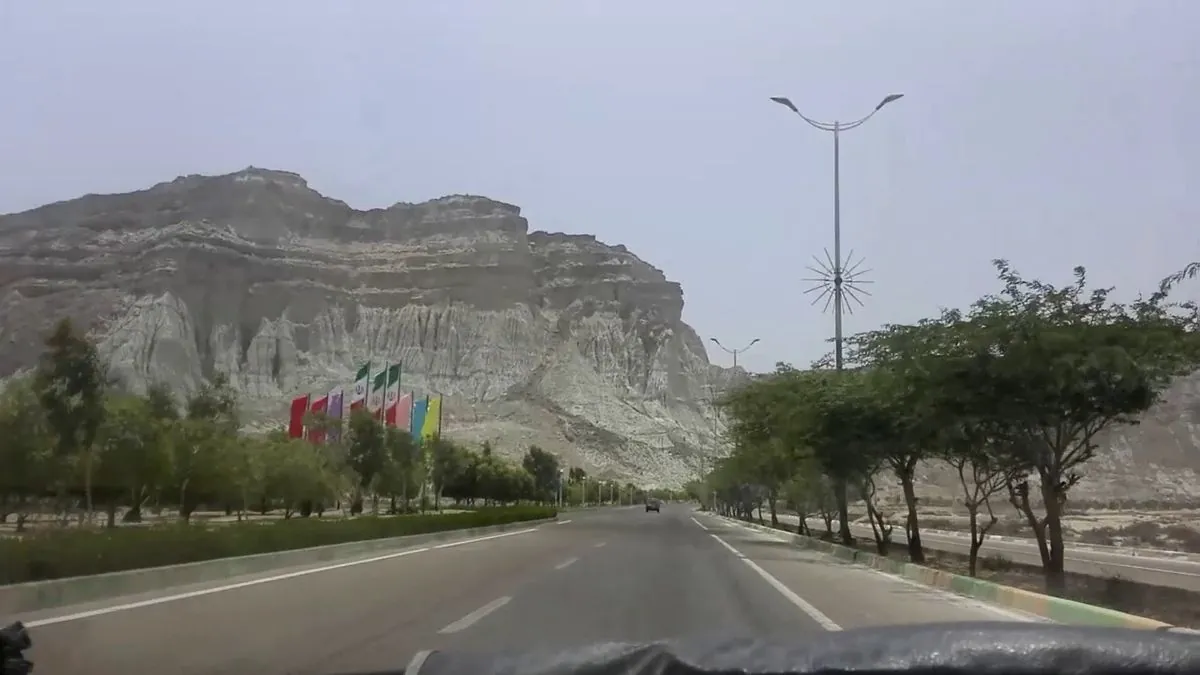Deadly Attacks in Southern Iran Claim Eight Lives, Including Officials
Two separate attacks in Iran's Sistan and Baluchistan province resulted in eight fatalities, including local officials and security personnel. The incidents highlight ongoing security challenges in the region.

In a series of violent incidents on Tuesday, September 24, 2024, eight individuals lost their lives in two separate attacks in Iran's Sistan and Baluchistan province. The assaults, which targeted local officials and security personnel, underscore the persistent security challenges in this southeastern region of the country.
The first attack occurred in Nikshahar, a town situated approximately 1,350 kilometers southeast of Tehran. Among the victims were Parviz Kadkhodaei, the head of the town council, a local chief of the Revolutionary Guard, and two volunteer members of the paramilitary organization. The incident took place following the victims' participation in a school ceremony.

In a second attack on the same day, two police officers were fatally shot in Khash, another town within the province. As of now, no group has claimed responsibility for either of these attacks.
These incidents are not isolated events in the region. Just a month prior, in September 2024, four border guards were killed in two separate attacks within the province. The militant group Jaish al-Adl, which advocates for greater rights for the ethnic Baluch minority, claimed responsibility for one of those assaults.
Sistan and Baluchistan, Iran's second-largest province by area, shares borders with both Pakistan and Afghanistan. This strategic location has made it vulnerable to various security threats, including militant activities and drug trafficking. The province has been grappling with these challenges for years, exacerbated by its status as one of the least developed regions in Iran.
The Baluchi people, who form the majority ethnic group in the province, have a complex relationship with the central government. Tensions between the predominantly Sunni Muslim residents of the region and Iran's Shiite theocracy have been long-standing, contributing to the area's instability.
Despite its challenges, Sistan and Baluchistan possesses significant potential. The province is home to Chabahar Port, Iran's only oceanic port, and boasts considerable mineral resources, including copper and chromite. However, it also faces environmental challenges, such as severe drought in recent years, which have impacted its development.
The region's rich history dates back to the Bronze Age, and it was once part of the Parthian and Sassanid Empires. Today, it is known for its unique Baluchi embroidery and handicrafts, reflecting a cultural heritage shared with neighboring Pakistan and Afghanistan.
As investigations into these recent attacks continue, the incidents serve as a stark reminder of the ongoing security issues in this complex and historically significant region of Iran.
"We condemn these cowardly acts of violence and will spare no effort in bringing the perpetrators to justice. The security and well-being of our citizens remain our top priority."
The Revolutionary Guard, established in 1979 following the Iranian Revolution, plays a crucial role in maintaining security in the region. However, the recent attacks demonstrate the persistent challenges faced by security forces in this volatile area.
As Iran grapples with these security concerns, the international community watches closely, recognizing the potential implications for regional stability. The situation in Sistan and Baluchistan continues to be a complex interplay of historical, ethnic, and geopolitical factors, requiring nuanced approaches to address the underlying issues and promote sustainable peace and development in the region.


































